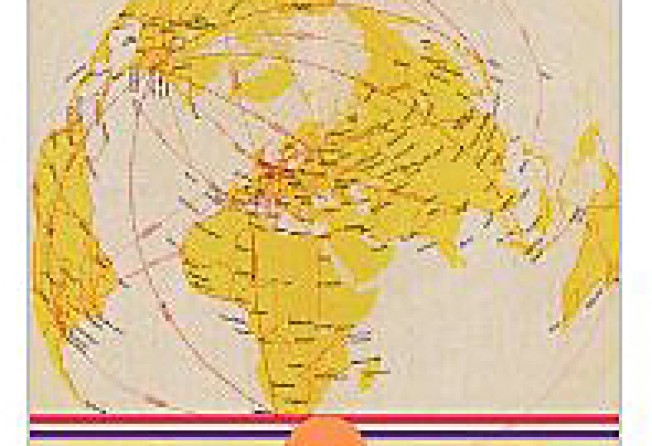
edited by Akira Iriye et al
Belknap Press (Harvard)


A book for scholars and students, A World Connecting is the first of six volumes that will comprise a history of the world, running from prehistoric times to the present. It consists of five chapters by seven historians, with a new approach to the study of each era and of world history. This volume covers 75 years that saw many of the most important events of the modern era.
Each chapter contains a remarkable wealth of detail covering events all over the world. No one can accuse these authors of being Euro- or America-centric.
The chapter titled "Commodity Chains in a Global Economy", for example, contains sections on shipping, canals, railways, iron and steel, the automobile, the plane and telegraph; then metals, petroleum, rubber, grains, rice, sugar, coffee, tea and chocolate. The chapter is full of fascinating details on their history and development.
Take coffee, which originated in Ethiopia but did not become a mass product until the last third of the 19th century. It changed from a beverage for the elite and nobility of Europe into a drink for the working class of the US and Europe, aided by cheap sugar.
Tea, by contrast, was a colonial commodity. For at least 2,000 years, it was a Chinese monopoly, the most valuable product of the China trade. Eager to grow the market, British and Dutch companies took seeds from China and planted them in India and Java. Adding cheap sugar, the British companies developed a huge market among the country's working class.
In 1859, China exported more than 31 million kilograms of tea to England and India almost none. By 1899, Indian exports reached 99.7 million kilograms and China just 6.8 million kilograms. It was a bonanza for the British colonial regime, planters and traders and a disaster for China's balance of payments.
In 1933, Britain brought over half of all the worldwide tea imports and its Commonwealth consumed more than 70 per cent of the international trade. Tea and sugar fuelled the industrial revolution in Britain by sustaining the poorly paid but hard-working proletariat.
There is a similar level of detail and analysis in all the chapters. One is called "Migrations and Belongings". The world as we know it today is in part the result of it being European countries - and not those from Africa or Asia - that conquered the Americas, Africa and much of Asia. China had the technology to conquer Africa in the 15th century but instead the emperor chose to close the frontiers.
This book is an excellent work of scholarship but it is probably too long, too broad and too detailed for the general reader.